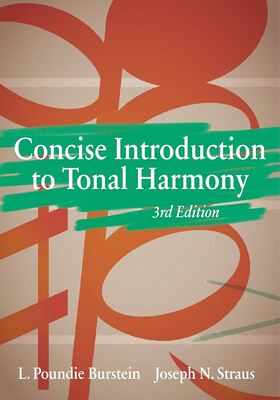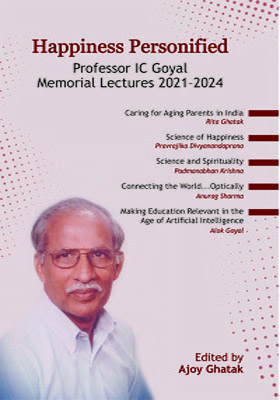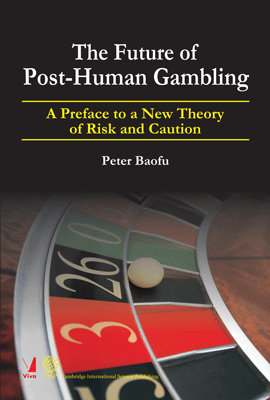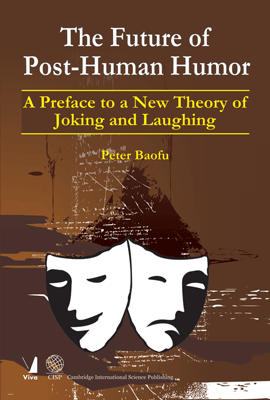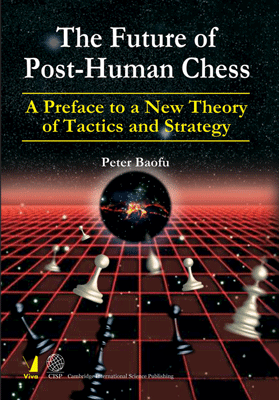
The Future of Post-Human Chess
The Future of Post-Human Chess
A Preface to a New Theory of Tactics and Strategy
₹1,255.50 ₹1,395.00 Save: ₹139.50 (10%)
Go to cartISBN: 9788130920016
Bind: Hardbound
Year: 2012
Pages: 462
Size: 153 x 229 mm
Publisher: Cambridge International Science Publishing
Published in India by: Viva Books
Exclusive Distributors: Viva Books
Sales Territory: India, Nepal, Pakistan, Bangladesh, Sri Lanka
Description:
Is chess really so mechanical that it is, for some chess scholars nowadays, "a set of mathematical rules that obey basic laws of physics" —especially when the chess engine famously known as "IBM Deep Blue" beat the world chess champion Gary Kasparov in a series of chess matches in 1997 •
This popular chess sensibility can be contrasted by an opposing one in the older days, when many computer-skeptics "found it very, very hard to believe chess engines could ever replace or imitate the best of human chess thinking" or "believed the strongest human grandmasters would always be able to outplay computers when all tactics had been drained out of the position." (A. Moll 2009)
Contrary to these two opposing chess sensibilities (and other views) on the nature of chess (and its future), the strategy and tactics used in chess are neither so physically mechanical nor artistically subjective to the extent that their respective defenders would like us to believe. But this unorthodox challenge to the two opposing chess sensibilities (and other views) does not logically imply that chess is therefore an uninteresting board game, or that chess studies are useless. Of course, neither of these two extreme views is reasonable either.
Instead, this book provides an alternative (better) way to understand the future of chess, especially in the context of strategy and tactics —while learning from different approaches in the literature but without favoring any one of them (nor integrating them, since they are not necessarily compatible with each other). Thus, this book offers a new theory to go beyond the existing approaches in the literature on chess in a new way not conceived before.
This seminal project is to fundamentally alter the way that we think about chess, from the combined perspectives of the mind, nature, society, and culture, with enormous implications for the human future and what I originally called its "post-human" fate.
In this book:
• Introduction —The Fun of Chess
• Strategy and Its Inadequacy
• Tactics and Its Narrowness
• Conclusion —The Future of Chess
Contents:
List of Tables • Foreword • Acknowledgments • List of Abbreviations
Part One: Introduction • Chapter One. Introduction —The Fun of Chess • A Didactic Tale of Two Chess Sensibilities • Chess, and Its Variants • Chess, and the Relationship between Strategy and Tactics • The Theoretical Debate • The Mediative-Variative Theory of Chess • Theory and Meta-Theory • The Logic of Existential Dialectics • Sophisticated Methodological Holism • Chapter Outline • Some Clarifications
Part Two: Strategy • Chapter Two. Strategy and Its Inadequacy • The Foresight of Strategy • Strategy and the Mind • Strategy and Nature • Strategy and Society • Strategy and Culture • The Uncertainty of Strategy • The Future of Post-Human Chess
Part Three: Tactics • Chapter Three. Tactics and Its Narrowness • The Usefulness of Tactics • Tactics and the Mind • Tactics and Nature • Tactics and Society • Tactics and Culture • The Limitation of Tactics
Part Four: Conclusion • Chapter Four. Conclusion —The Future of Chess • Beyond the Science of Chess and the Art of Chess • 1st Thesis: The Absoluteness-Relativeness Principle • 2nd Thesis: The Predictability-Unpredictability Principle • 3rd Thesis: The Explicability-Inexplicability Principle • 4th Thesis: The Preciseness-Vagueness Principle • 5th Thesis: The Simpleness-Complicatedness Principle • 6th Thesis: The Openness-Hiddenness Principle • 7th Thesis: The Denseness-Emptiness Principle • 8th Thesis: The Slowness-Quickness Principle • 9th Thesis: The Convention-Novelty Principle • 10th Thesis: The Evolution-Transformation Principle • 11th Thesis: The Symmetry-Asymmetry Principle • 12th Thesis: The Regression-Progression Principle • 13th Thesis: The Sameness-Difference Principle • 14th Thesis: The Post-Human Variation • Towards the New Mind Games
Bibliography • Index
About the Author:
Dr Peter Baofu is the author of 53 new theories in 44 books to provide a visionary challenge to conventional wisdom in all fields of knowledge ranging from the social sciences through the formal sciences and the natural sciences to the humanities, with the final aim for a unified theory of everything.
He is known for his pioneering works on "multilateral acoustics," "metamorphic humor," "heterodox education," "post-human mind games," "post-Earth geology," "substitutive religion," "post-cosmology," "contrarian personality," "post-ethics," "multifaceted war and peace," "post-humanity," "critical-dialectic formal science," "combinational organization," "hyper-sexual body," "law reconstruction," "comprehensive creative thinking," "hyper-martial body," "multilogical learning," "contingent urban planning," "post-capitalism," "selective geometry," "post-democracy," "contrastive advantages," "ambivalent technology," "authoritarian liberal democracy," "the post-post-Cold-War era," "post-civilization," "transformative aesthetic experience," "synthetic information architecture," "contrastive mathematical logic," "dialectic complexity," "after-postmodernity," "sophisticated methodological holism," "post-human space-time," "existential dialectics," "unfolding unconsciousness," "floating consciousness," "hyper-spatial consciousness," and other visions.
Dr Baofu earned an entry to the list of "prominent and emerging writers" in Contemporary Authors (2005) and another honorary entry in The Writers Directory (2007) — and was also interviewed on television and in newspapers about his original ideas. He was a U.S. Fulbright Scholar in the Far East. He had taught as a professor at different universities in Western Europe, the Caucasus, the Middle East, the Balkans, Central Asia, South Asia, and North America. He finished more than 5 academic degrees, including a Ph.D. from the world-renowned M.I.T., and was a summa cum laude graduate.
